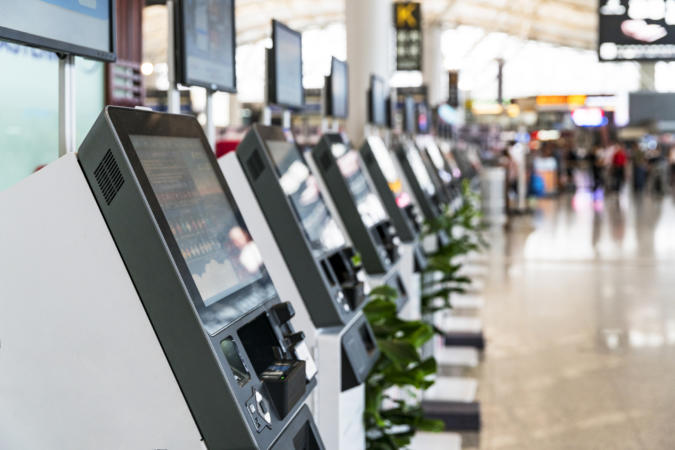Showing 2 results for:
African American workers
Popular topics
All results

In today’s quickly changing job market, people are looking for companies that check all of their boxes. They want to show up and be inspired by their work, be inspired by company leadership and make an impact with the projects they work on. Many job seekers are also seriously considering how a company handles diversity in its workforce for the first time. Unfortunately, finding a company that meets those criteria in today’s job market can be challenging. In the past few years, employers have loudly proclaimed that diversity was a core part of their values and that the voices and contributions of Black talent were central to how they saw their company futures. But the reality of how Black employees are compensated, trained and valued hasn’t matched up to those claims. Fortunately, integrated advertising agencies within dentsu International’s network are showing up in a real way for Black employees. Through diversity initiatives and other social impact efforts, dentsu hopes to...

A recent McKinsey study of U.S. workforce trends reveals that automated services are set to replace 22 percent of positions by 2030. The majority of workers who hold those positions are African Americans, who will lose approximately 132,000 jobs. According to the study, African Americans will have “ one of the highest rates of potential job displacement when compared with other groups .” The reason is that African Americans tend to occupy positions that pay lower wages, such as cashiers, customer and food services associates, and attendants. Those positions are ones that can be easily eliminated through automation. While this news is not positive for African Americans, it has a more sobering effect at the intersection of race and gender. Automation will more negatively impact African American men ( 24.8 percent ), who may not possess college degrees, than women ( 21.6 percent ), who may occupy positions with a strong growth track, such as nursing attendants. McKinsey offers possible...